
A recent study found immigrants are less likely to receive postpartum care in states that restrict insurance coverage.
Freelance writer for Contemporary OB/GYN

A recent study found immigrants are less likely to receive postpartum care in states that restrict insurance coverage.
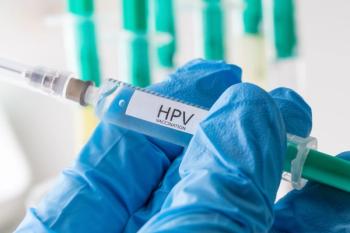
A recent study found children may be more hesitant to seek vaccination for human papillomavirus if their parents hold stigmatizing beliefs.

Reproductive-aged women and girls, as well as any children they may bear, are impacted by iron deficiency and anemia, according to a recent review.

Access to contraceptive care was lacking during the COVID-19 pandemic.

Menopausal women who drink alcohol should limit consumption to moderate drinking, according to experts. However, binge drinking in this population has been on the rise, for which clinicians can help by referring these patients to appropriate treatment.

As maintaining cognitive function remains difficult in an aging population, how are women in menopause impacted?

Menstrual cups have been associated with improved financial and environmental impacts, along with being safe and effective for use in patients.

The Xpert Xpress Multiplex Vaginal Panel test (Cephid) has shown high agreement for organisms causing vaginitis and vaginosis.
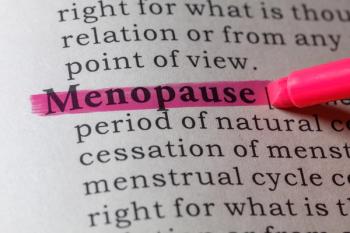
In a recent study, menopausal vasomotor symptoms were successfully treated using the selective neurokinin-1,3 receptor antagonist elinzanetant (Bayer).

A literature review found that although hormonal therapy with estrogen is the first-line therapy for bothersome vasomotor symptoms (VMS) and genitourinary syndrome of menopause (GSM) symptoms, nonhormonal medications such as paroxetine and venlafaxine can also be effective for VMS.

A model to estimate the optimal number of oocytes to try to fertilize during assisted reproductive technology (ART) treatment predicted that 43.4% of oocyte retrievals were day 3 transfers; hence, exposing all oocytes to sperm is recommended.
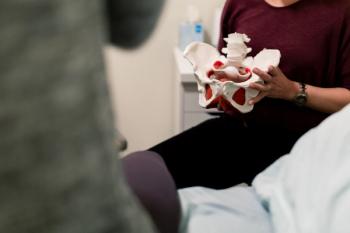
In study findings published in Obstetrics & Gynecology, leva Pelvic Health System (Renovia) achieved significantly greater urinary incontinence symptom improvement than a standard home pelvic floor muscle training program at 6 and 12 months.

For pregnant women at high risk of preeclampsia, aspirin discontinuation at 24 to 28 weeks’ gestation was comparable to aspirin continuation for preventing preterm preeclampsia, according to recent clinical trial data.

Five water-based personal lubricants were found effective, safe, and well tolerated for the relief of discomfort from vaginal dryness, according to a recently published study.

Research reveals that hormone therapy and alternative medicine do not enhance quality of life for midlife women experiencing menopause symptoms.

A recent study analyzed the effect artificially sweetened beverages have on urinary incontinence in women.

For medication abortion, a single dose of letrozole 30 mg prior to misoprostol 800 mcg buccally is not effective, according to a recently published pilot study.

The contraception and abortion care workforce in the United States significantly decreased during the first year of the COVID-19 pandemic, according to a research letter published in JAMA Network Open.
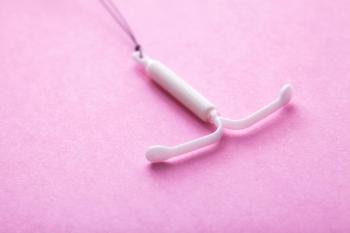
A substudy of the Evidence for Contraceptive Options and HIV Outcomes (ECHO) trial, which compared three highly effective, reversible methods of contraception, concluded that women assigned either a copper intrauterine device (Cu-IUD) or the levonorgestrel (LNG) implant may have had condomless sex more frequently than women assigned to intramuscular depo-medroxyprogesterone acetate (DMPA-IM).

Women who underwent a frozen-thawed embryo transfer (FET) for assisted reproductive technology (ART) treatment were nearly twice as likely to experience bleeding or miscarriage in the first trimester with hormone replacement cycles (HRC-FET) compared to natural cycles (NC-FET), according to a retrospective cohort study published in the European Journal of Obstetrics & Gynecology and Reproductive Biology.
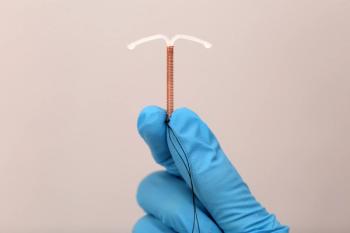
Heavy menstrual bleeding is the No. 1 risk factor for intrauterine device (IUD) expulsion, according to an analysis of a US cohort study.

The authors noted that although adenomyosis is common among infertile women, it is unclear whether the condition has a detrimental effect on in vitro fertilization and embryo transfer (IVF-ET) results.

Women with previous recurrent ectopic pregnancy (EP) have a significantly lower risk of EP following in vitro fertilization (IVF), compared to women with previous single EP, according to a retrospective cohort study published in the journal PLOS One.

State infertility insurance mandates are critical for improving access to infertility care. They also help to advance gender equality and reproductive rights.

A study published in the journal Evidence-Based Complementary and Alternative Medicine found that both Nigella sativa (N. sativa) (black seed and black cumin)-honey vaginal cream and the antifungal medication clotrimazole significantly improve the symptoms of vulvovaginal candidiasis (VVC).

An over-the-counter (OTC) progestin only pill (POP) could potentially reduce the overall number of unintended pregnancies in the United States, according to a modeling study published in the journal Contraception.

The major conclusion of a demographic and health survey of sexually active women from the sub-Saharan African country Chad is that education is key for adopting modern contraceptive methods.

Rhesus (Rh) immunoglobulin should be given only after 12 weeks gestation for spontaneous abortion, or for medication or uterine aspiration abortion, according to a new consensus statement from the Society of Family Planning (SFP).
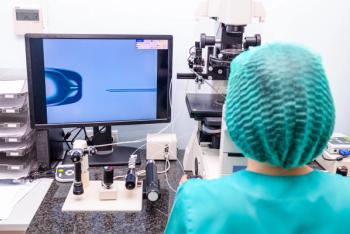
Racial and ethnic disparities in adverse perinatal outcomes were significantly greater among women who used medically assisted reproduction (MAR) than those who conceived spontaneously, according to a study published in the journal Pediatrics.

A study in the journal Contraception found that, within the first year of the COVID-19 pandemic in the US, abortion clinics in states with low or medium hostility to abortion were significantly more likely to embrace innovative medication abortion practices such as changing ultrasound requirements, offering telehealth or dispensing medications without a physical exam, compared to abortion clinics in states with high or extreme hostility to abortion.
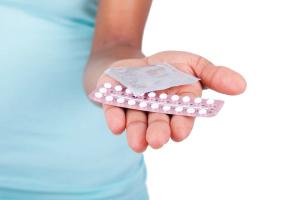
Published: February 7th 2022 | Updated:

Published: June 11th 2021 | Updated:
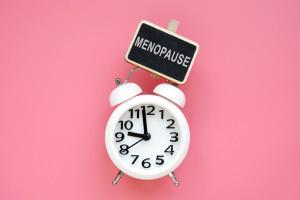
Published: June 17th 2021 | Updated:

Published: January 18th 2021 | Updated:

Published: October 20th 2021 | Updated:
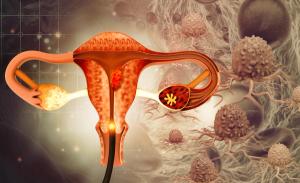
Published: February 11th 2022 | Updated: